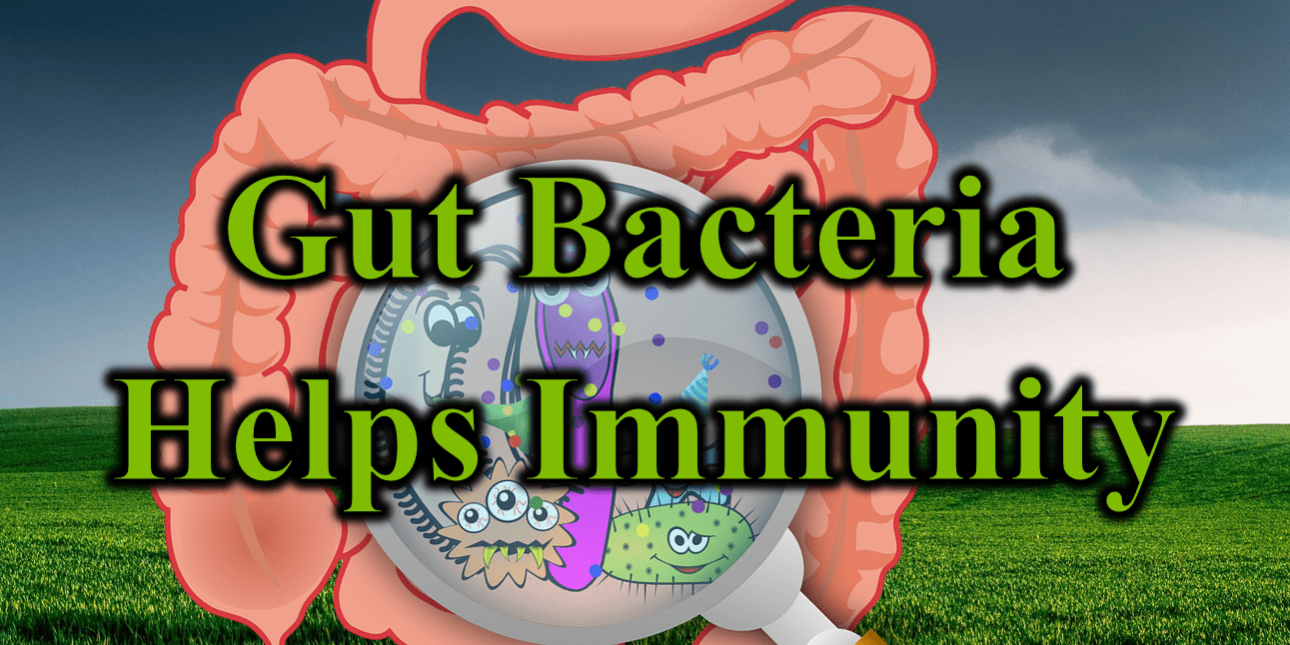Who needs TV to watch the unfolding of a suspenseful plot when we have the developing interactions of our GI tract with our immune system? While observant medical practitioners of all flavors over the centuries have preached the connections between the gut and the immune system, contemporary researchers are the ones uncovering the actual connections. Gut health and autoimmunity have been linked. Susceptibility to infections including COVID 19 has been linked to gut bacteria. Metabolic disorders have been linked to the bacteria living in our intestines. Now, researchers, while looking for causes of prolonged low white cell counts post chemotherapy, have linked this situation with changes in gut bacteria.
With so many cancer patients receiving hopefully curative chemotherapy in today’s toxic world, sometimes it is not the cancer that harms or kills, but the infections which attack during immune suppression post therapy. The chemotherapy works on the cancer by damaging cancer cells which are rapidly dividing but this also disrupts the production of blood cells like immune cells. As immune cells production goes down, eventually the number available for fighting infections drops. If a particularly dangerous bacteria or other microbe finds its way into our bodies during this time, serious infections can occur, which may lead to death.
Finding ways to limit intensity or shorten the duration of this immune cell drop could save many lives and increase the survival rates of cancer patients. The researchers first identified 2 specific cytokines (immune chemical signals) which play a role in restoring neutrophil numbers after chemotherapy. Neutrophils are immune cells critical for bacterial infection defense and are restored through granulocyte-colony stimulating factor (G-CSF) and interleukin 17A (IL-17A) secretion. Through a series of different experiments, the researchers localized the gut microbiome as a major factor in the production of these two critical cytokines.
As further work continues to identify which bacteria in the microbiome play the largest role in this restoration, the hope is that these bacteria can be promoted in some way or the bacteria preserved from killing by necessary antibiotics. If antibiotics are needed in a post chemotherapy infection, choosing an antibiotic that does not kill these important bacteria could help the immune system recover faster. Unless we know which bacteria are necessary and how to promote or to protect them, we are shooting in the dark.
As these studies unfold, functional medicine providers excitedly wait for more insight into the gut-immune axis so we can treat our patients with the latest in medical breakthroughs. In the meantime, we guide our patients toward a healthier more abundant life by encouraging low-inflammatory nutrition which promotes a robust gut microbiome. While, due to individual differences, this won’t look exactly the same for every single patient, basic principles and patterns do run across all. Personalizing and optimizing means we prepare the person in front of us for whatever health challenges they will face.
Original Article:
Xuanzhong Chen, Daigo Hashimoto, Ko Ebata, Shuichiro Takahashi, Yu Shimizu, Ryuga Shinozaki, Yuta Hasegawa, Ryo Kikuchi, Hajime Senjo, Kazuki Yoneda, Zixuan Zhang, Shinpei Harada, Eiko Hayase, Takahide Ara, Hiroyuki Ohigashi, Yoichiro Iwakura, Kiminori Nakamura, Tokiyoshi Ayabe, Takanori Teshima. Reactive granulopoiesis depends on T-cell production of IL-17A and neutropenia-associated alteration of gut microbiota. Proceedings of the National Academy of Sciences, 2022; 119 (48) DOI: 10.1073/pnas.2211230119
Thanks to Science Daily:
Hokkaido University. “Intestinal microorganisms influence white blood cell levels in blood.” ScienceDaily. ScienceDaily, 21 November 2022. <www.sciencedaily.com/releases/2022/11/221121215746.htm>
Sanctuary Functional Medicine, under the direction of Dr Eric Potter, IFMCP MD, provides functional medicine services to Nashville, Middle Tennessee and beyond. We frequently treat patients from Kentucky, Alabama, Mississippi, Georgia, Ohio, Indiana, and more... offering the hope of healthier more abundant lives to those with chronic illness.







